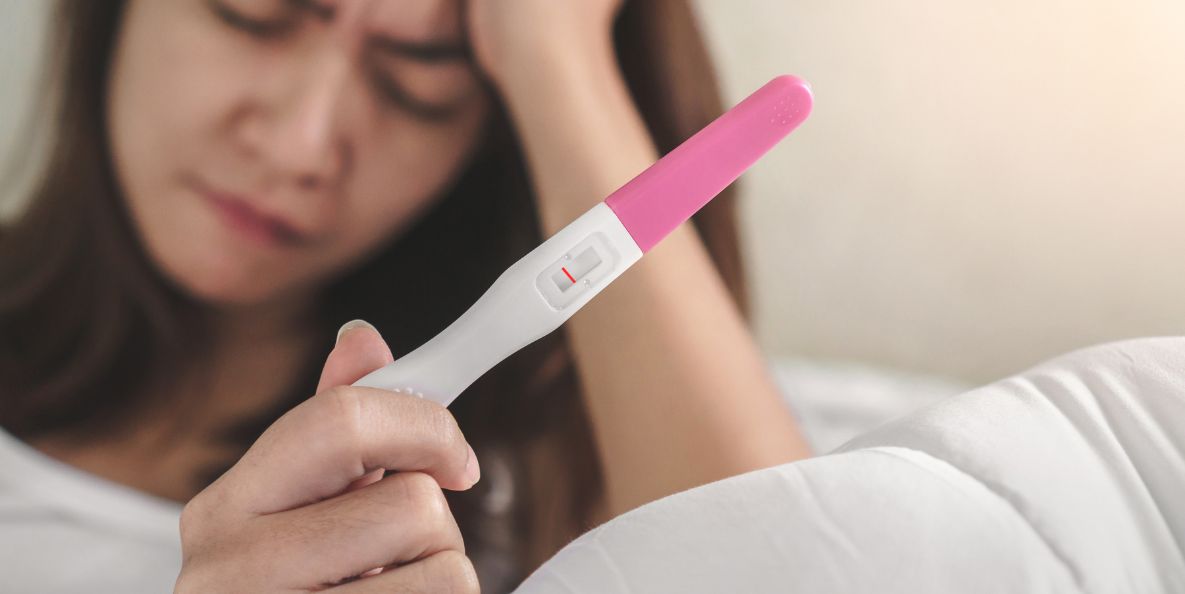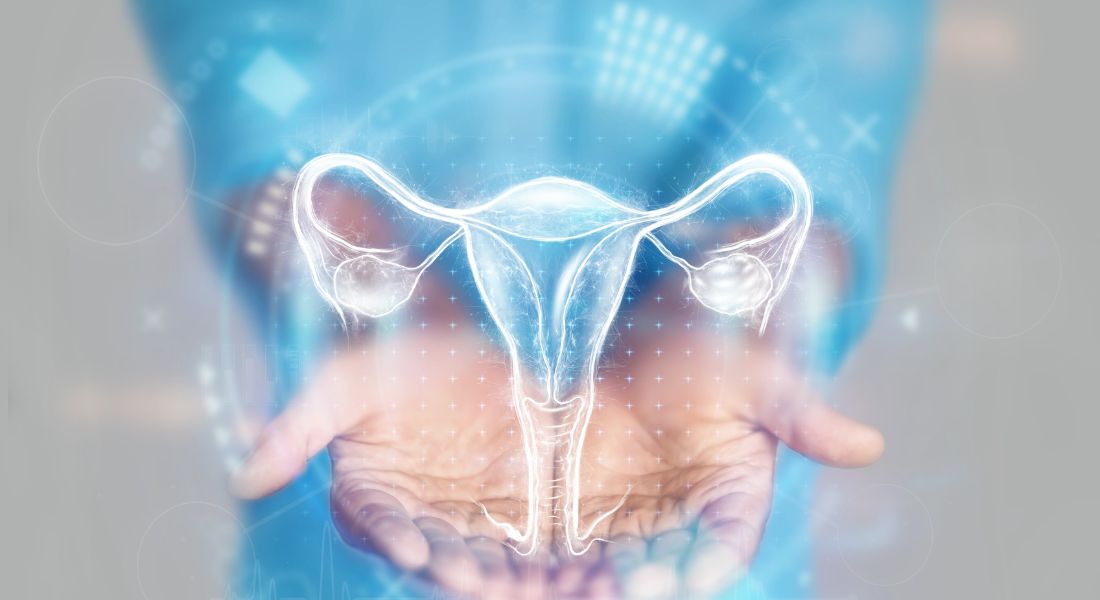Categories
What is IMSI or Intracytoplasmic Morphologically selected Sperm Injection?
May 23, 2022
Invented in 2004 by a team led by Benjamin Bartoov of Barilan University in Israel, IMSI is a variation of the ICSI technique, allowing embryologists to look at the sperm in greater detail. With this technique, sperm of better quality can be selected and thus, the chances of pregnancy are higher whereas miscarriage rates are lower, as compared to the conventional ICSI method.
How does it work?
On the day of the procedure, the embryologists at BirthRight Fertility by Rainbow would first prepare a semen sample. It may be frozen or fresh. The embryologists at BirthRight Fertility by Rainbow, the best centre for IMSI treatment in Hyderabad, are highly trained in the IMSI technique. Computer-enhanced digital microscopy is used to select a single sperm for injection. This technology allows for magnification that is more than 6000 times enhanced as compared to the traditional ICSI method. With this, sperm with major morphological abnormalities such as the presence of vacuoles, abnormal proportions of sperm head size or midpiece abnormalities, can be avoided.
To determine which eggs are mature so that they can be injected with the selected sperm, the eggs are collected, washed and examined. With the help of a fine glass needle, aspiration of sperm is done. Then, the egg is held steady with a special pipette and using a long, thin, hollow needle, the selected sperm is injected into the inner area of the egg, where fertilization can occur. Then, the eggs and sperm are left for 24 hours. Once fertilization has occurred, the embryos would then be transferred into the woman’s uterus.
Why is IMSI performed?
IMSI is recommended when the semen of the male contains more than the regular amount of abnormal sperm. It is also a preferable treatment option when IVF with conventional ICSI has not worked in previous attempts. With the help of IMSI, the embryologists at BirthRight Fertility by Rainbow can prevent abnormal or structurally deficient sperm from entering and fertilizing an egg. The selection procedure is enhanced with this treatment, and as a result, the chance of fertilization and normal growth of the embryo also increases.
When is IMSI recommended?
IMSI treatment may be recommended in these situations:
Older males – With age, the amount of good sperm being produced naturally would decrease. The shape and movement of sperm can also make fertility difficult, after the age of 40. With IMSI, the good sperms that are remaining can be chosen for injection into an egg.
Poor quality embryos – Sometimes, it happens that despite having suitable eggs, good quality embryos aren’t achieved during a cycle of IVF. This can happen due to poor sperm quality. IMSI can help resolve this issue since only the sperm that are void of abnormalities are selected for injection.
Poor sperm morphology – Sperm that is unusual in size or shape is called abnormal sperm. For males with abnormal sperm, IMSI is a great option along with IVF to speed up the process of conception.
Couples with a history of miscarriages – Miscarriages can occur due to multiple reasons. Certain lifestyle choices such as the use of drugs and alcohol as well as mental health issues such as anxiety or stress can affect the quality of sperm. IMSI can improve the chances of conception and lower the odds of a miscarriage.
What is the difference between ICSI and IMSI?
IMSI is a modification of the standard ICSI procedure. The major difference between IMSI and ICSI is that in the IMSI technique, a higher magnification is used to assess sperm morphology. With this, embryologists can identify tiny defects in the sperm head that would not be visible with standard ICSI procedure. The rate of pregnancy achieved and implantation rate is higher in IMSI as compared to the ICSI technique.
What is the cost of IMSI?
The cost of IMSI treatment in India is around Rs. 2,00,000. The success rate of the IMSI technique is around 66 per cent as compared to that of ICSI, which is close to 33 percent.
What are the risks associated with IMSI?
IMSI is a non-invasive technique and there aren’t any significant additional risks to the patient or the embryo, however, the risks associated with IVF or ICSI might apply to IMSI.
How does it work?
On the day of the procedure, the embryologists at BirthRight Fertility by Rainbow would first prepare a semen sample. It may be frozen or fresh. The embryologists at BirthRight Fertility by Rainbow, the best centre for IMSI treatment in Hyderabad, are highly trained in the IMSI technique. Computer-enhanced digital microscopy is used to select a single sperm for injection. This technology allows for magnification that is more than 6000 times enhanced as compared to the traditional ICSI method. With this, sperm with major morphological abnormalities such as the presence of vacuoles, abnormal proportions of sperm head size or midpiece abnormalities, can be avoided.
To determine which eggs are mature so that they can be injected with the selected sperm, the eggs are collected, washed and examined. With the help of a fine glass needle, aspiration of sperm is done. Then, the egg is held steady with a special pipette and using a long, thin, hollow needle, the selected sperm is injected into the inner area of the egg, where fertilization can occur. Then, the eggs and sperm are left for 24 hours. Once fertilization has occurred, the embryos would then be transferred into the woman’s uterus.
Why is IMSI performed?
IMSI is recommended when the semen of the male contains more than the regular amount of abnormal sperm. It is also a preferable treatment option when IVF with conventional ICSI has not worked in previous attempts. With the help of IMSI, the embryologists at BirthRight Fertility by Rainbow can prevent abnormal or structurally deficient sperm from entering and fertilizing an egg. The selection procedure is enhanced with this treatment, and as a result, the chance of fertilization and normal growth of the embryo also increases.
When is IMSI recommended?
IMSI treatment may be recommended in these situations:
Older males – With age, the amount of good sperm being produced naturally would decrease. The shape and movement of sperm can also make fertility difficult, after the age of 40. With IMSI, the good sperms that are remaining can be chosen for injection into an egg.
Poor quality embryos – Sometimes, it happens that despite having suitable eggs, good quality embryos aren’t achieved during a cycle of IVF. This can happen due to poor sperm quality. IMSI can help resolve this issue since only the sperm that are void of abnormalities are selected for injection.
Poor sperm morphology – Sperm that is unusual in size or shape is called abnormal sperm. For males with abnormal sperm, IMSI is a great option along with IVF to speed up the process of conception.
Couples with a history of miscarriages – Miscarriages can occur due to multiple reasons. Certain lifestyle choices such as the use of drugs and alcohol as well as mental health issues such as anxiety or stress can affect the quality of sperm. IMSI can improve the chances of conception and lower the odds of a miscarriage.
What is the difference between ICSI and IMSI?
IMSI is a modification of the standard ICSI procedure. The major difference between IMSI and ICSI is that in the IMSI technique, a higher magnification is used to assess sperm morphology. With this, embryologists can identify tiny defects in the sperm head that would not be visible with standard ICSI procedure. The rate of pregnancy achieved and implantation rate is higher in IMSI as compared to the ICSI technique.
What is the cost of IMSI?
The cost of IMSI treatment in India is around Rs. 2,00,000. The success rate of the IMSI technique is around 66 per cent as compared to that of ICSI, which is close to 33 percent.
What are the risks associated with IMSI?
IMSI is a non-invasive technique and there aren’t any significant additional risks to the patient or the embryo, however, the risks associated with IVF or ICSI might apply to IMSI.











